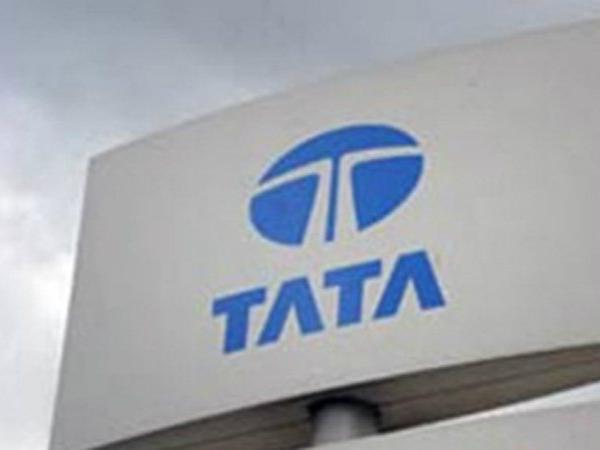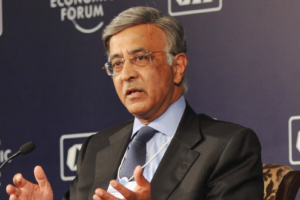
Global rating agency Moody’s Investors Service Thursday downgraded Tata Motors’ credit rating by a notch based on the disappointing performance of its British subsidiary Jaguar Land Rover.
The corporate family rating and the company’s senior unsecured instruments rating have also been downgraded to “Ba3” from “Ba2”, framed with a negative outlook.
The downgrades have said to reflect sustained deterioration in Tata Motors’ credit profile, with weaker than anticipated credit metrics–led by the weak performance of JLR, Kaustubh Chaubal, a vice president and senior credit officer at Moody’s said in a note.
The agency expects it will take longer than previously expected for JLR to improve its free cash flows to the positive territory.
It also downgraded the corporate family rating (CFR) of JLR to “B1” from “Ba3”, with a negative outlook.
He said JLR’s leverage will remain elevated and free cash flow negative for fiscal years 2020 and 2021 as it seeks to turnaround performance in China, executes its restructuring programme and continues to invest in its product development, including electrification, another vice-president Tobias Wagner said.
While with the parent Tata Motors, the specific triggers for the downgrade are the high debt levels (where its debt to operating profit ratio has gone to 5.3 times) and operating margins dipping to 0.9 percent, the agency said.
The restructuring efforts will prevent a further deterioration in credit metrics, the agency said it expects leverage will remain around 5 times the operating profits, margins at a weak under 3 per cent, and cash flows negative for at least the next 18-24 months.
Explaining the negative outlook on the parent, Chaubal said it is driven primarily by the execution risks related to the timely turnaround of JLR’s operations amid a subdued operating environment involving high competition, potential for a ‘no-deal’ Brexit, and the possibility of US tariffs.
He also said the company also faces troubles domestically including slowing sales due to overcapacity, tightening liquidity, and a shrinking dealer network.
JLR faces many other challenges, including persistent weakness in diesel car sales in Europe and Britain, and the business shift towards electric, hybrid and full electric vehicle, it said.
Looking at JLR’s importance to the company’s fortunes, the agency said the British subsidiary accounted for only 48 percent of unit sales in FY19, but delivered 75 percent of revenue and 24 percent of operating profit. It also accounted for 63 percent of the consolidated debt.
Moody’s said it would like domestic auto demand to revive given Prime Minister Narendra Modi’s re- election, likely normal monsoons, stable fuel prices, and the pre-buying ahead of migration to the equivalent of Euro-VI emission norms.
The new launches by the company will help it create an above industry average growth, it said, saying that the passenger vehicles business has turned around.
Further pressure on JLR’s ratings and sub-par performance by businesses excluding JLR can lead to a downgrade of the rating, it said, pointing out specifically that it will downgrade once more if the leverage crosses 6- times or margins remain below 2 percent on a sustained basis. Moreover, an upward review in rating is unlikely for up to two years, but can be triggered if JLR’s performance and a strengthening of domestic sales.
Tata Motors scrip was up 2.91 percent to close at Rs 159.15 on the BSE Thursday, on a day the benchmark rallied 1.25 percent.



